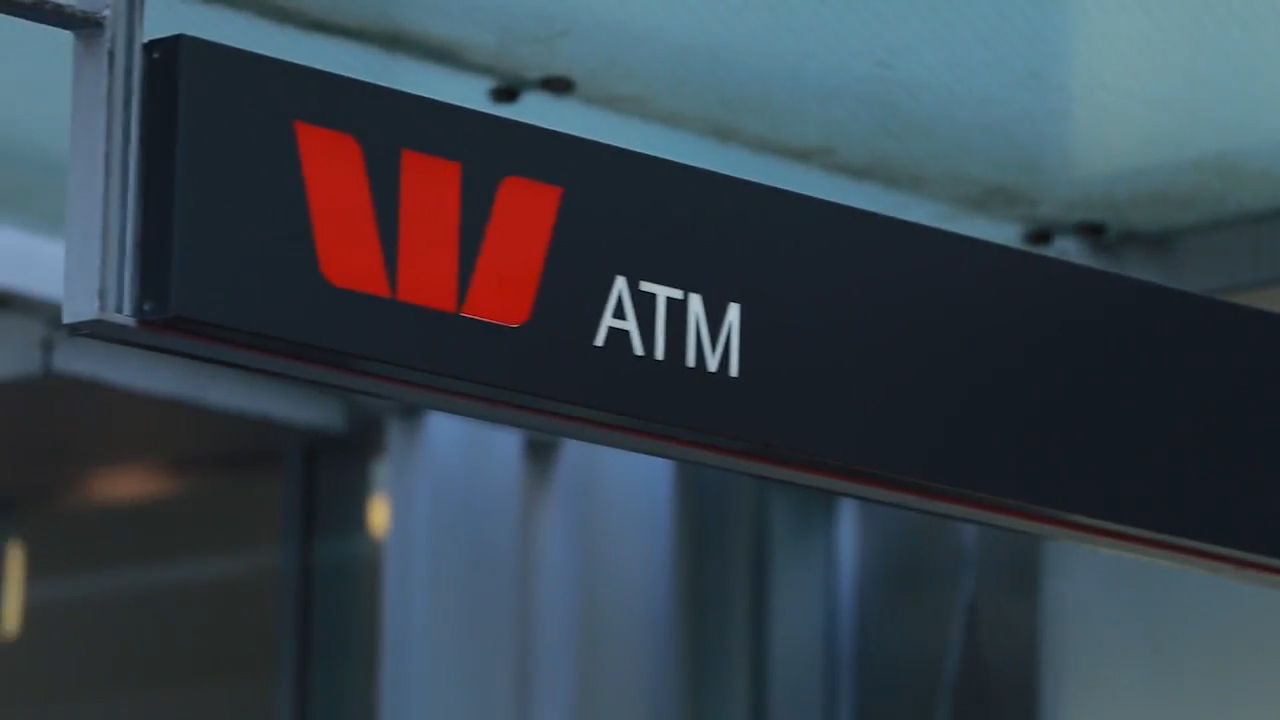The Australian Securities and Investments Commission is taking action against Westpac in the Federal Court on Thursday, alleging that two of the bank’s subsidiaries breached “best interests” obligations and provided personal financial advice when they were not permitted to do so.
ASIC claims that a campaign by Westpac designed to get customers to consolidate multiple super accounts breached the financial advice laws by giving advice based on personal financial information in 15 phone conversations.
The calls were made by staff of Westpac Securities Administration Limited and BT Funds Management Limited.
ASIC claims the bank specifically recommended customers roll out of their non-Westpac superannuation funds, consolidating into Westpac-related superannuation accounts. It also says the bank did not provide proper comparisons between the funds.
Westpac claims it did not give personal advice.
“In each of the 15 conversations … our customers were given a ‘general advice warning’ as is standard and a required part of our process,” BT said in a statement.
ASIC is also taking the gloves off over aggressive marketing by super funds, with the corporate regulator poised to launch enquiries with over 50 super groups.
The funds, believed to be mostly from the for-profit retail sector, will receive letters from ASIC in coming days seeking information about their marketing practices, a spokesman told The New Daily.
Were inducements offered?
ASIC is concerned that funds have been using inducements and high-pressure tactics to get employers to sign them up to lucrative default fund agreements which include insurance arrangements. These agreements channel workers into membership if they don’t actively choose another fund.
The regulator’s inquiries will investigate the quality of advice and information that is provided to employers by trustees when they are making decisions about their default funds for their employees. It will examine the funds’ responses to its questions before deciding on further action.
“We’ll be looking at all of the material around the super fund trustee relationship including the type of marketing collateral funds give to employers,” Gerard Fitzpatrick, senior executive leader of investment managers and superannuation at ASIC, told Fairfax Media.
There have been allegations of inducements offered to employers by funds and that these can result in employees being channelled into inappropriate funds.
What deals are members getting?
“We are very interested in how members are treated, and if as a result of aggressive marketing approaches or competitive drive, whether members are being disadvantaged or are being provided with information that does not allow them to make appropriate investment decisions.”
Areas that will come under ASIC scrutiny will include “advice given to employers and how this is paid for, as well as looking at disclosure material that is provided directly for employers by trustees and entities”.
Around one-third of Australians with super accounts are enrolled in default funds through their employers.
Competition for default fund status is hotting up in the $2.1 trillion super sector with employer-owned funds increasingly vacating the field and handing the business to dedicated industry and retail funds.
According to Australian Prudential Regulatory Authority data only 31 out of a total of 231 funds were identified as “corporate funds” for the year to June 2015.
The latest manifestation of this trend is news that Equip Super is set to merge with mining giant Rio Tinto’s corporate super fund later this year in a move that would see a $13.5 billion super group created to manage funds for approximately 75,000 members.
Last August the Reserve Bank of Australia moved its super balances over to Sunsuper to manage. BHP Billiton has also rolled its super fund into MLC.

